While Australia’s history of blackbirding is becoming more well known and understood, there are many local histories that are only now coming to light.
A garden and gathering place nestled peacefully next to the Caboolture River at North Harbour just north of Brisbane, stands as tribute to the kanakas, or South Sea Islanders, many of whom were brought against their will from islands throughout the Pacific, to become labourers at the Moray Field plantation.
Today their descendants, known as Australian South Sea Islanders, gather at this place to remember their ancestors, and pay tribute to the backbreaking work they did with little recompense, to establish Queensland’s agricultural prosperity.
Daniel Awiyawi is one of them.
“Kanakas worked and built a sugar mill right in this property,” Daniel said.
“A lot of South Sea Islanders get upset if you call them a kanaka. And I say it’s because they don’t understand the meaning. It means a hard working man, hard working women and children. It’s hardworking people who get out and do the job and not complain about it.
“It’s something to be proud of. You can call me kanaka all you want. I’ll just lap it up.”
It’s estimated more than 62,000 South Sea Islanders were brought to Australia to work as indentured labour on farms between 1863 and 1904.
In 1867 the first 50 kanakas arrived at Moray Field from the islands of Emae, Ambrym and Mare.
Daniel hopes by speaking about this history on Streets of Your Town podcast, that more people will get a better understanding of blackbirding in this region, and how many islanders were deceived into coming on those ships to Australia.
“My grandfather from my mother’s side was taken from Elizabeth Bay, him and two of his brothers Andrew and Jacob, they were taken from there, tricked to get on the ship,” he says.
“They moved from there to the mouth of the Caboolture River which was Beachmere, they loaded all the food they needed, and from there they moved up the Caboolture River to Post Office Creek. They unloaded them there to a house, there was a big Moreton Bay Fig Tree there, that’s where they built their house.
“After that I talked to the owner that owned that place they went across the river, the mill and everything else, the distillery the family stayed there and they’ve got photos of it. They always remember that place there, if they played up a bit they were put in a holding cell.”
The conditions the islanders were expected to work in were very poor. They cleared the land with their hands and cut sugar cane with cane knives, and were paid a pittance for their labour.
“If they weren’t satisfied with some milk and rice they were put in the cell until they agreed to work. Some escaped, some were brought back, some didn’t,” Daniel says.
“(It was the) first time they’d encountered sugar cane, but they met it head on and did the work that was required of them.
“The kanakas even today they work on the railways right throughout Queensland.”
Daniel invites anyone who would like to learn more about the heritage of South Sea Islanders at North Harbour to contact him by email (admin@queenvankanaka.com.au) and he will gladly meet you at the shed at the Australian South Sea Islander gathering area, and tell you more about ghost stories and history of the area.
Behind the Scenes
Those of you who have been following this Wandering Journo for a while will know this isn’t the first time I’ve done a story on this chapter of Australia’s history. It’s one I really hope more Australians can learn about, to know the truth about how our nation was established.
Here’s a link to the radio documentary I did for ABC’s national current affairs PM program a couple of years back that won a silver and bronze trophy from the New York Festivals Radio Awards. From here you can listen to the audio or read the transcript:
https://www.abc.net.au/radio/programs/pm/summer-special-blackbirding/9282632
Or the written version at:
https://www.abc.net.au/news/2017-12-22/australian-south-sea-islanders-blackbirding/9270734
Also I more recently did an update with former federal MP Brian Courtice up at his farm Sunnyside just outside of Bundaberg for Streets of Your Town podcast. He’s had to come to terms with the farm’s blackbirding past before his family took it over. Brian thinks there are 50 Pacific Islanders buried on the property in unmarked graves, but has only found the graves of 29 of those people. That graveyard is now heritage listed.
Listen again: https://soyt.substack.com/p/brian-courtice-on-recognising-an
Thanks as always for your support my Wandering Journo tribe!
If you’d like to meet more everyday incredible Australians, subscribe and listen to the back catalogue of Streets of Your Town, including series 2 The Journo Project, on Apple Music, Spotify or wherever you get your podcasts. And let me know by hitting reply to this email if there’s a topic or someone you’d like me to cover for Streets of Your Town.
If you value and enjoy the stories I provide, please consider supporting The Wandering Journo with a monthly or annual sponsorship. It doesn’t come with extra benefits or privileges, other than a heartfelt thank you and some cool merch, but helps me find the stories that matter that aren’t being told elsewhere.
Every contribution however big or small, helps me fill up the tank of Mildred the cantankerous kombi to get out into this wide brown land of ours and keep bringing these important stories to YOU.
And don’t forget if you like what you hear please review and rate Streets of Your Town on your podcast provider, or share this email with your mates and encourage them to join my Wandering Journo tribe of supporters at the Streets of Your Town website: https://soyt.substack.com/




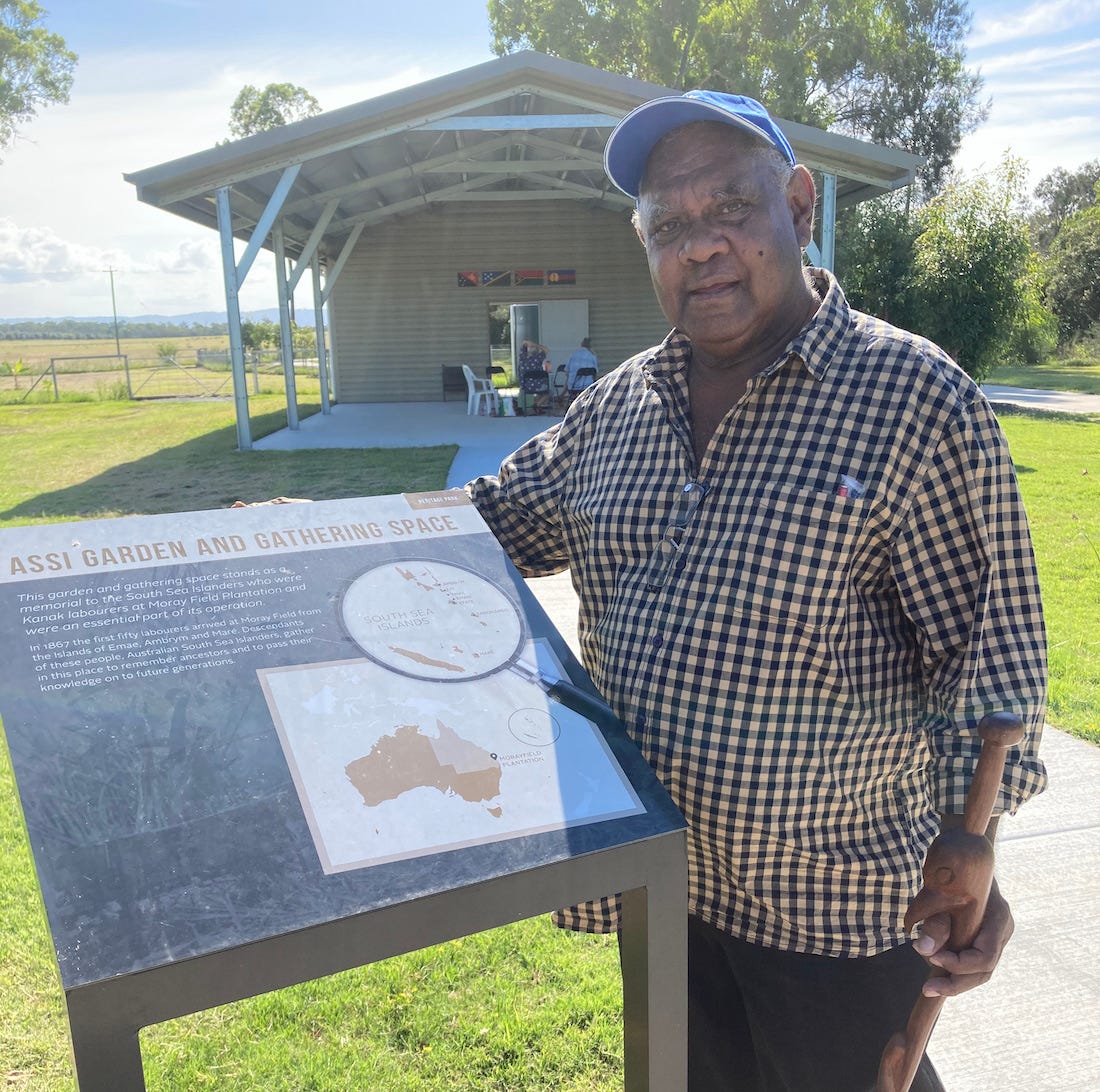


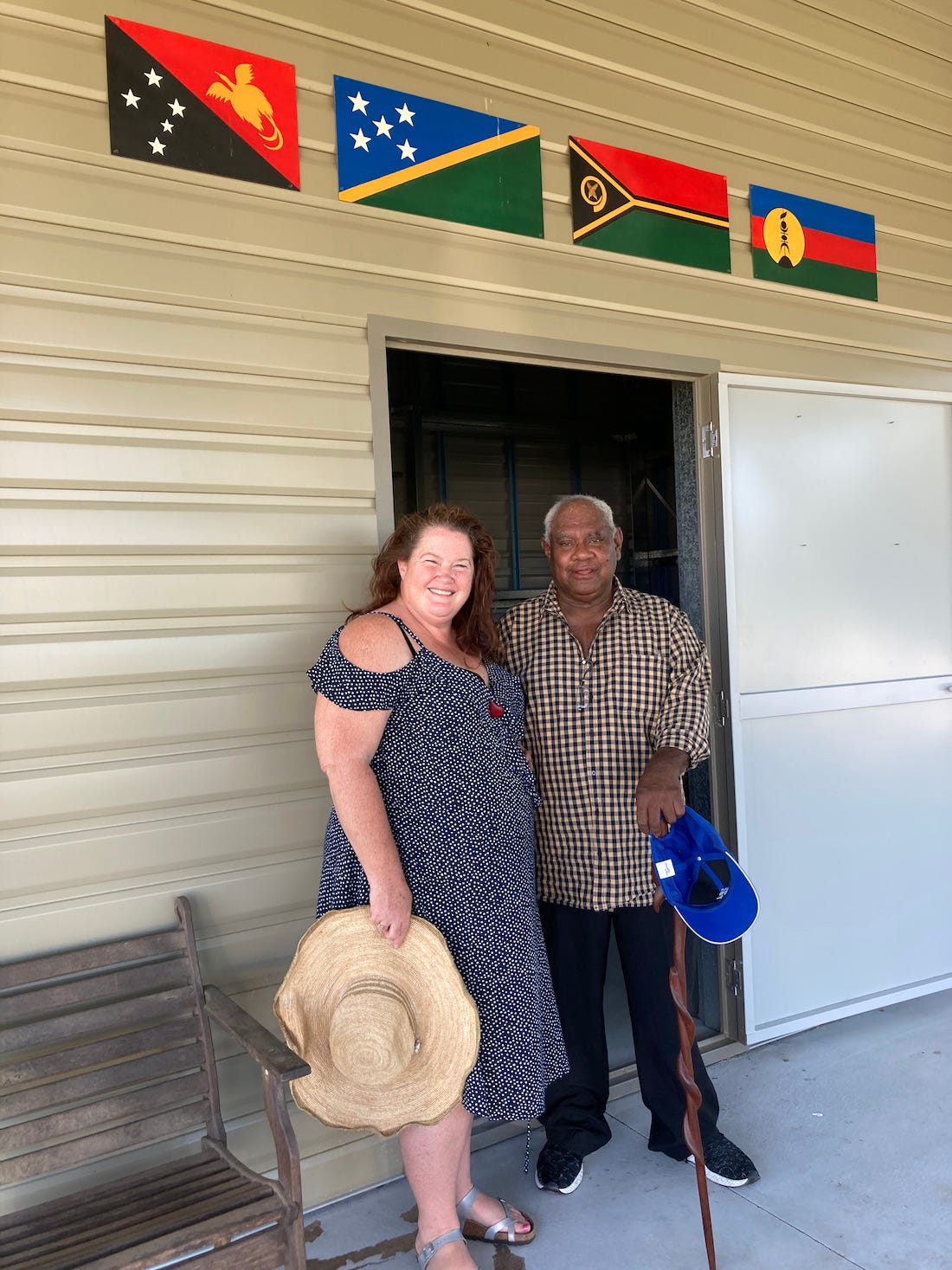



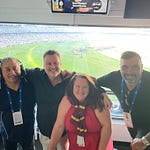
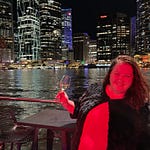
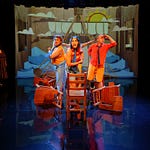
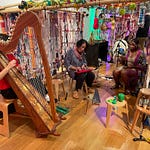
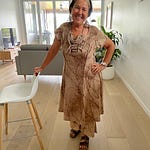

Share this post